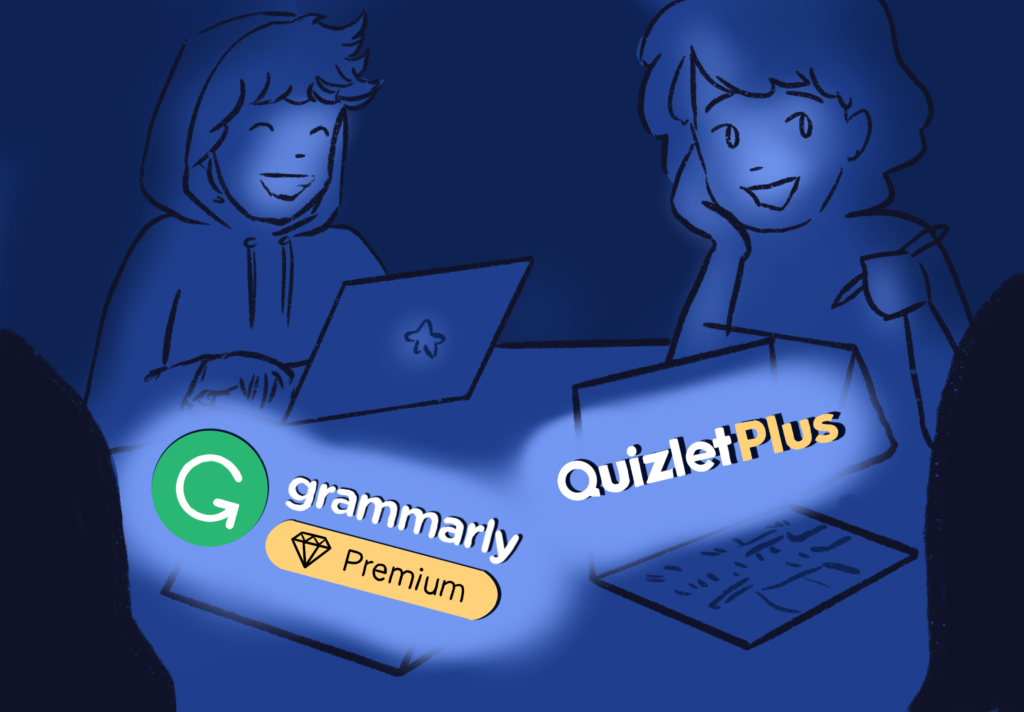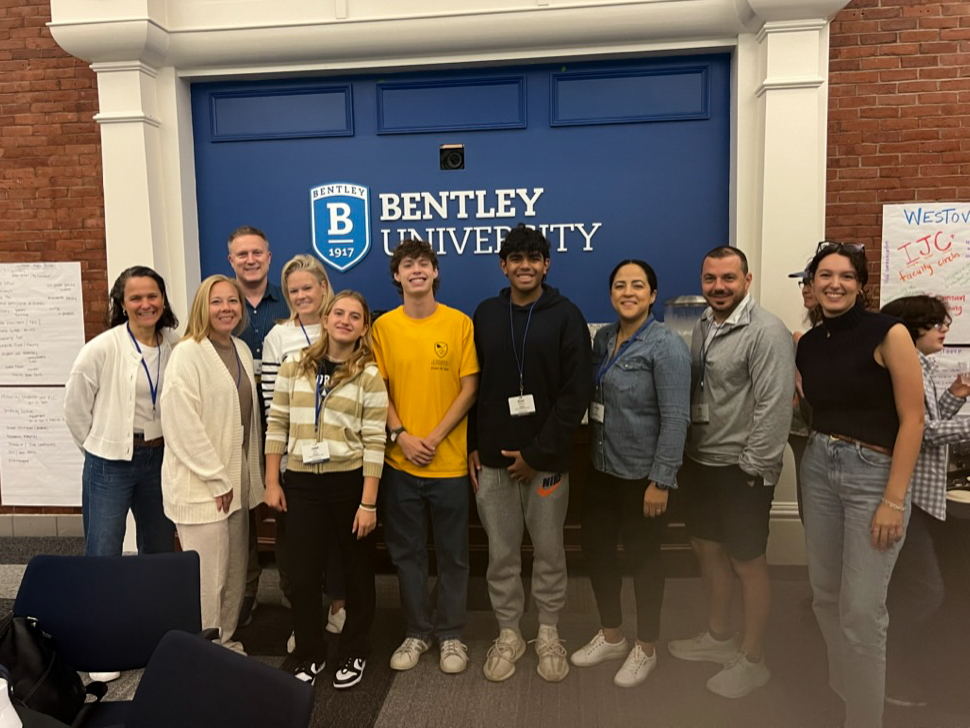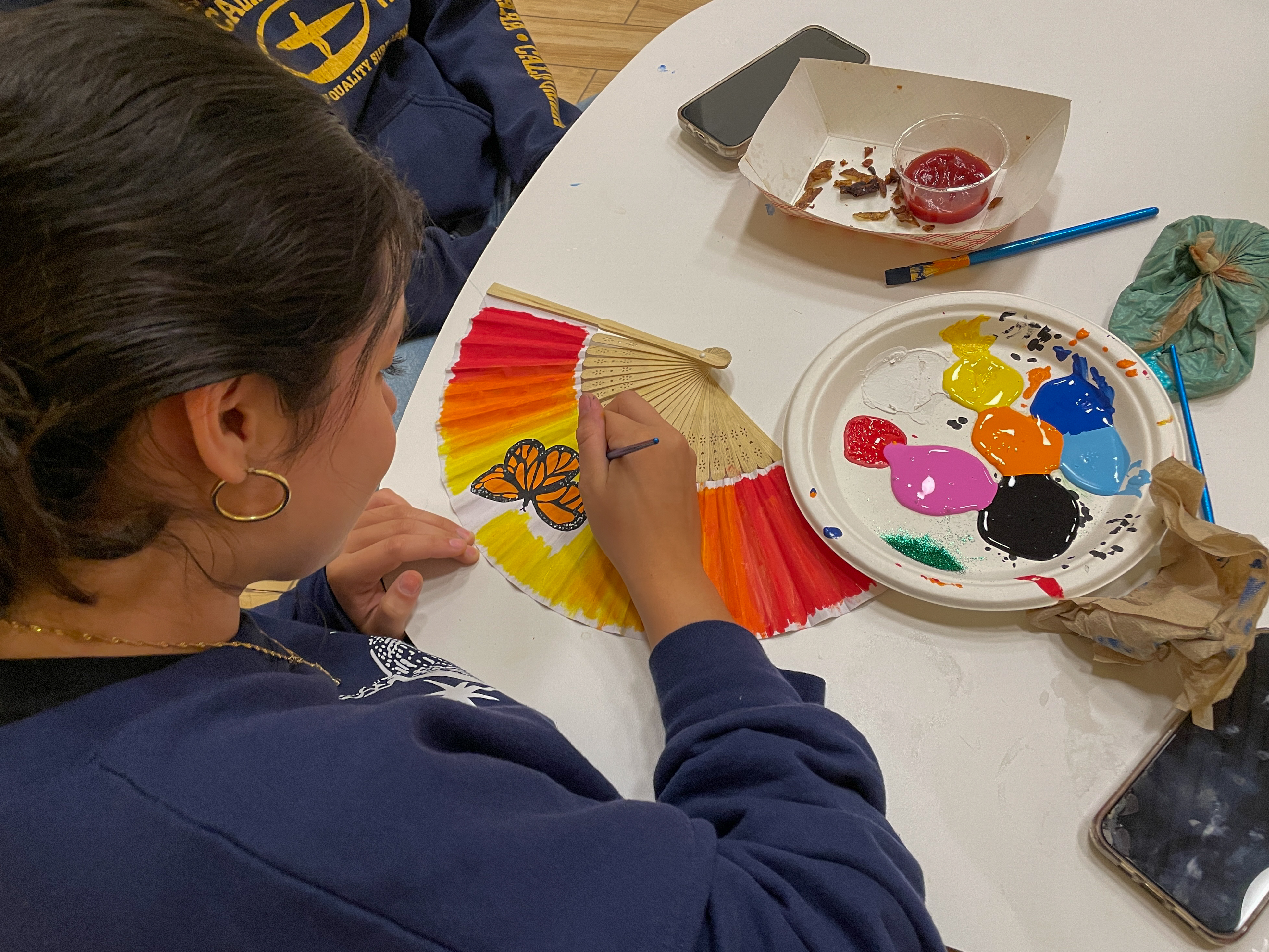On Tuesday, March 28, Choate’s Current Events Research Group (CERG) hosted a forum in Elman Auditorium to provide information for those planning to attend a protest or take other direct actions for a cause. The forum, entitled “Protest 101”, was the first of several events planned by CERG to prepare the community for proper navigation through the political climate. The Reverend Ally Brundige said, “Many people, from a variety of vantage points, are upset with the way things are now on a national level, and many are expressing their views by seeking changes through organizing and attending rallies. The hope of this forum was to prepare students who are thinking about attending so that they know what to expect, they know how to stay safe, and they know best practices as participants.”
Several students took part in the Women’s March in January, as well as other nonviolent rallies, which prompted the planning of Protest 101. Dr. Keith Hinderlie, Director of Equity and Inclusion, explained, “There is a desire for students to get involved in social activism and to stand up for what they believe. However, we want to make sure students have appropriate information on how to approach different actions.”
The two speakers invited to lead the forum were Ms. Camelle Scott-Mujahid, Training Director of CTCORE-Organize Now!, and The Right Reverend Doctor John L. Selders, Jr., an ordained minister serving in the United Church of Christ, Organizing Pastor of Amistad United Church of Christ, Associate College Chaplain at Trinity College, and one of the leaders of Moral Monday CT.
To begin, Rev. Selders highlighted the significance of preparing oneself for a rally. “I know that every one of you are young and are new to this. However, you should be ready to participate, follow, and respect those who called the actions.”
Rather than placing an emphasis on being a leader and not a follower, Ms. Scott-Mujahid voiced her belief in the opposite when attending someone else’s rally. She commented, “It is good to follow the lead when you are coming to an action in a community you don’t belong to. In general, the organizing philosophy is that those who are most directly affected by an issue should always be the ones leading.”
Ms. Scott-Mujahid explained the importance of acting in solidarity when someone else’s community is targeted or experiencing difficulties. “It is a great way to deepen your connection to that community,” she explained. “It would be an opportunity for you to learn more about that issue and the people who are experiencing it. It is important to listen to them and understand what it is like to walk in their shoes.”
Many students took advantage of the forum to pursue their interest in activism. Edie Conekin-Tooze ’19 said, “It is a special opportunity living in America because not all countries have the same laws as we do regarding freedom of speech and expression. Especially for young people who cannot vote, I think it is one of the most powerful ways to make your voice heard.”
However, Sandra Leon ’19 had hoped that a more diverse group of students would show up. “When I looked around the room, it was mostly women, and for that matter, liberal women. I wish other people with different views would’ve gone just to see what protesting is really about.” She added, “You can’t make a change unless you speak up. Just sitting there and waiting for things to change isn’t going to do anything for a community.”




